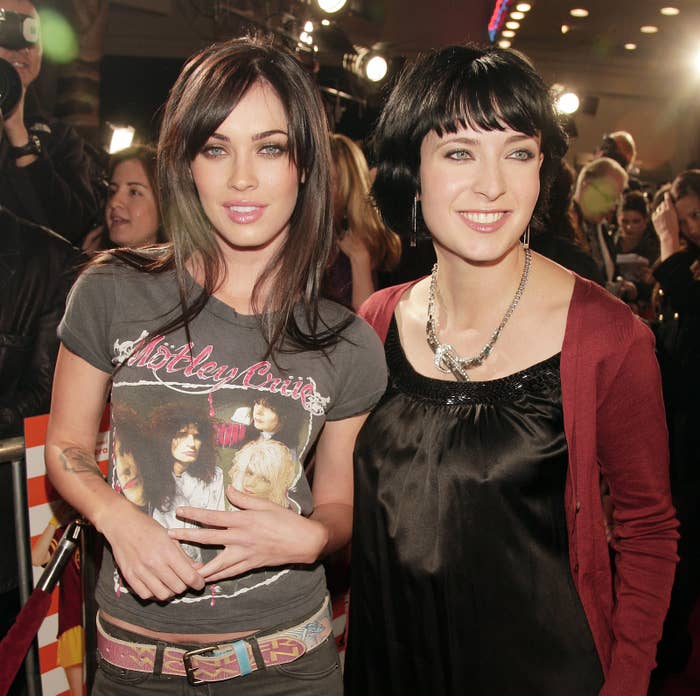
Diablo Cody burst onto the pop cultural scene over a decade ago with Juno, a bubbly and softhearted film about a teen pregnancy. Cody was a rare Hollywood screenwriter who was front and center in conversations about her debut film — a movie that captured universal themes of coming-of-age while also sparking debate about topics like abortion. Outspoken, with an alternative style, she became a divisive figure immediately, which led to a public image that at the beginning often threatened to overshadow the movies she was trying to make. Still, from Juno to her most recent film, Tully, Cody’s work speaks for itself, as long as the viewer is willing to listen.
On the occasion of the release of Tully, it’s as fitting a time as any to look back at key moments in Cody’s filmography and how they exemplify the themes her work tends to linger on. As more and more emphasis is put on women’s voices in Hollywood and the factors that have framed them throughout the years, Cody’s work in particular stands out. From her films to TV projects like One Mississippi and United States of Tara, Cody has offered up her fair share of intricate and challenging women characters, though the racial diversity of her projects still leaves something to be desired.
Tully, for its part, follows a mother in crisis. It’s a dramedy in the truest sense of the word — it lives at the corner where Cody’s humor and her existential dread meet. It also feels spiritually connected to a number of Cody’s past films: It’s got the brutality of society’s expectations, the reflective nature of a character study, the psychic darkness in line with much of Cody’s work. It’s the perfect excuse to reexamine Cody’s most notable films and the landmark women characters that define them. Altogether her work reveals a screenwriter unique in her ability to harness pain, wit, mundanity, vitality, and obstinance in the name of delivering women characters who feel like they say something about the world in which they live.
Juno (2007)
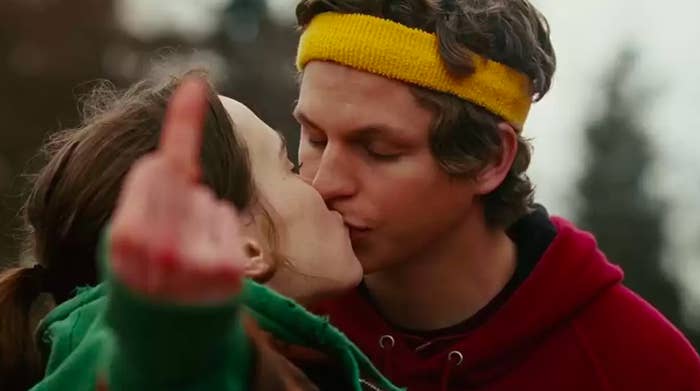
Cody’s first screenplay, Juno, was the world’s introduction to her sensibilities. It was a big, splashy debut, with huge box office numbers and a backlash to go with it. The movie earned Cody an Oscar for Best Original Screenplay, but it also led to her being ridiculed in the blogosphere for things like deciding not to wear some very expensive shoes. While Juno was praised for its story and performances, it was also mocked for dialogue that was deemed too cloying.
But 11 years after its release, Juno holds up. Yes, the dialogue is heavily stylized, but Cody’s proven with her work since then that it’s not a crutch she requires in everything she writes. Instead it’s a tool, a funnel into the worldview of a specific kind of teenager who views herself as a member of a hip, goofy, alternative club. And contrary to what many critics claimed, there was a real-world accuracy to it.
Juno was also a lot more than its dialogue choices. It’s the kind of classic screenplay that’s earned its place in screenwriting classes alongside Chinatown and Tootsie. Following its titular character (Ellen Page), who gets pregnant at 16 and decides to give the baby up for adoption, it’s a genuinely moving film about growing up, dealing with obstacles outside your maturity level, and accepting the responsibility that comes with caring for other people — whether that’s a friend/lover, a parent, or the people whose lives you’re changing by giving them a baby. It’s a thoroughly well-constructed movie that feels seamless thanks to Cody, director Jason Reitman, and actor Page, who all earned Oscar nominations. The film also includes one of Jennifer Garner’s best performances ever, for a character incisively and empathically rendered by Cody. And it was Cody’s first collaboration with Reitman, whom she’d work with again for Young Adult and Tully and who seems to understand the ethos of her work.
At the center of everything, though, is Juno, played by Page with spunk and tenderness. In a movie full of kitschy bravado, lines like Juno’s “I don’t really know what kind of girl I am” land like a punch to the heart. She delivers that one during the scene where she tells her dad, Mac (J.K. Simmons), and stepmom, Bren (Allison Janney), that she’s pregnant. It’s a line that cuts to the center of what Juno is: a story about a young girl who really doesn’t know who she is but suddenly has a pressing reason to figure that out. The script for Juno was the first example we saw of what Cody does best: She gives us compelling women characters who don’t sit comfortably in the mainstream cultural conversation, and she does it with an incisive eye and a rare empathy that ensure her work lasts long past the initial criticisms against it.
Jennifer's Body (2009)
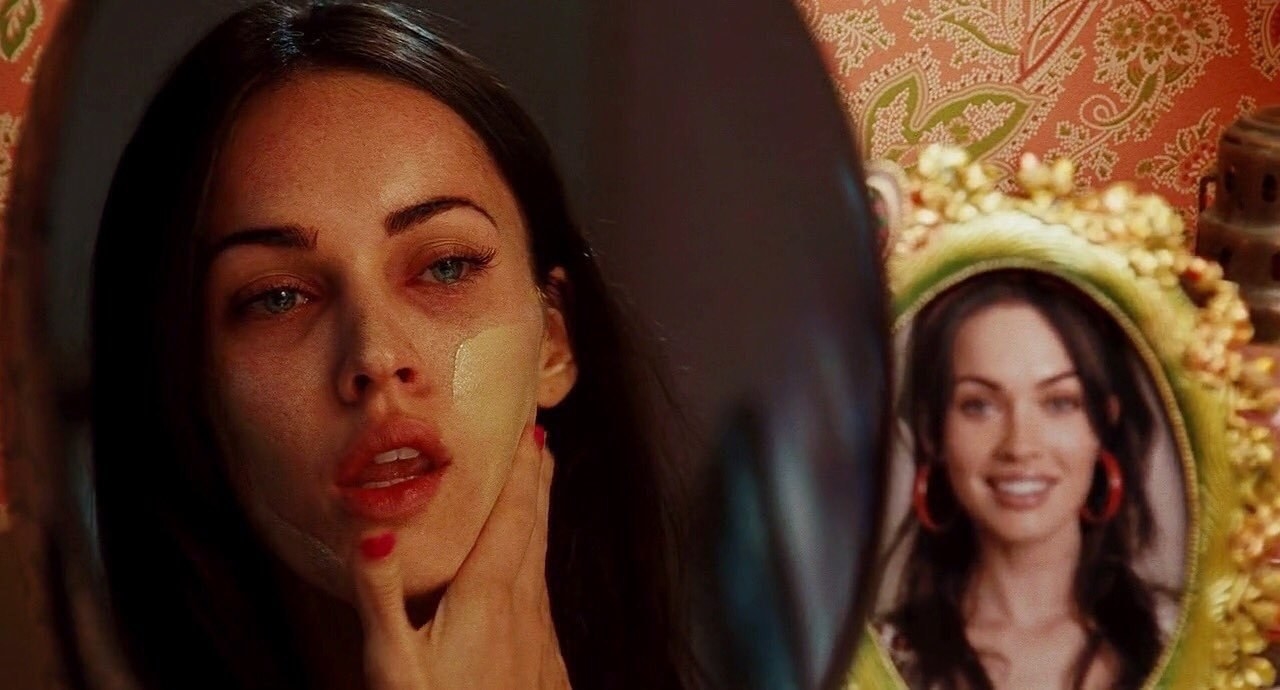
Jennifer’s Body battled a heady combination of factors when it was coming out. It was written by a writer who was seen as controversial — Cody — after a massive and divisive debut — Juno — and starred Megan Fox, an actor often underestimated because of her status as a sex symbol. It was also a bold-concept horror movie: It centered on the image of a murderous cheerleader who went around literally eating men. All of these things led to decidedly mixed reviews and a lot of misunderstanding about what the film was doing. In his review, Roger Ebert called the movie “Twilight for boys,” which is rather reductive. But Jennifer’s Body, as directed by Karyn Kusama and written by Cody, is more of a souped-up Virgin Suicides than a gender-swapped Twilight. This is a movie, after all, that opens with the line “Hell is a teenage girl.” It was simply ahead of its time.
It’s a parable about the way society uses girls and how that in turn affects girls themselves.
Fox herself addressed the reaction to the film in a 2009 profile with the New York Times. “People expected Jennifer’s Body to make so much money. But I was doubtful,” she said. “The movie is about a man-eating, cannibalistic lesbian cheerleader, and that pretty much eliminates middle America. It’s obviously a girl-power movie, but it’s also about how scary girls are. Girls can be a nightmare.” That’s a theme Cody seems fascinated by and which she returns to in Young Adult. She’s not the first to broach the dark side of femininity — or the patriarchal society that shapes its definitions — but the way she twists her messages around genre, form, and archetype manage to feel specific to her.
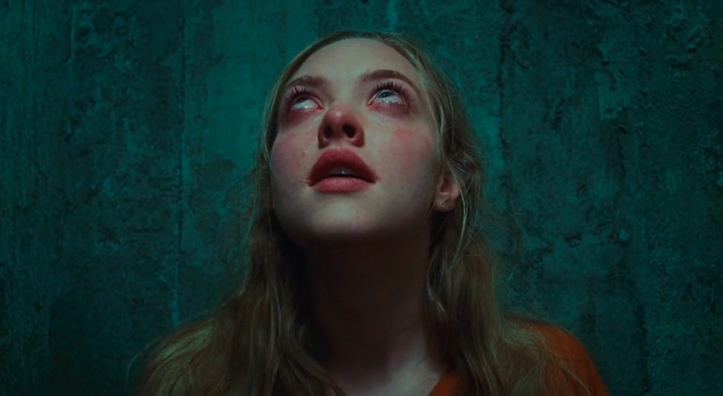
Cody laid the groundwork for Fox’s best and most meta role to date. Jennifer eats the men who lust after her, turning that aforementioned reductive view of her against them. When she feeds on these men she grows more powerful and more beautiful; when she doesn’t, she becomes weak and “ugly.”
Since its 2009 release, Jennifer’s Body has gained social relevance every year. Engaging with themes of beauty, bodily autonomy, toxic female friendship, society’s relationship to girls, and women’s anger, the film absolutely deserves a place in the horror-movie canon. And as Cody’s first film post-Juno, it was also an important glimpse into several of the preoccupations that would shape her work for the decade that followed.
Young Adult (2011)
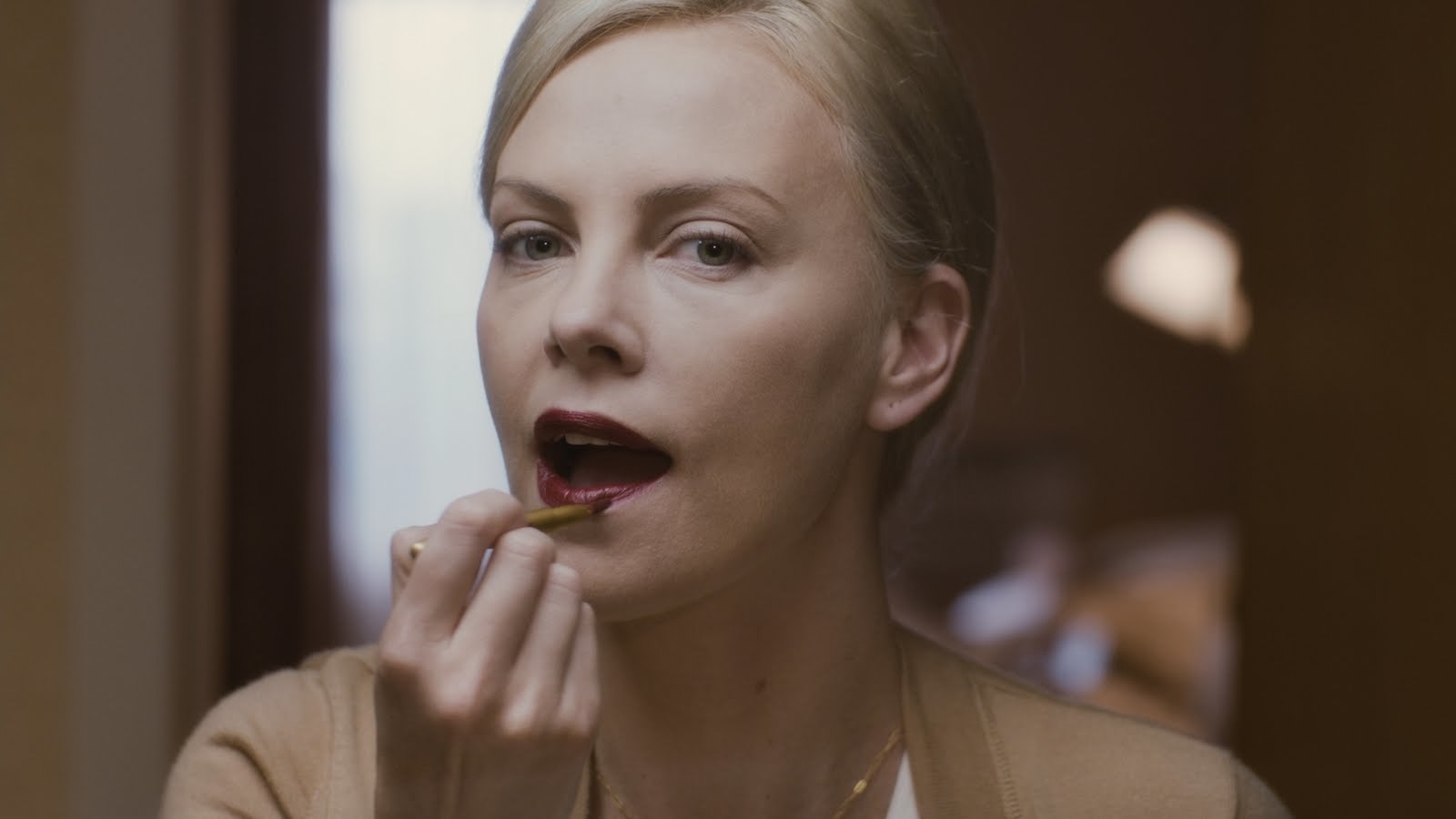
Young Adult marked Cody’s reunion with Juno director Reitman. It wasn’t her flashiest film by far — but that’s part of what makes it fascinating. The film is a meandering examination of a central character — a woman named Mavis (Charlize Theron) who peaked as a popular mean girl in high school. Stalled out in her life and feeling empty, she turns her eyes toward destruction — though she’d never call it that — and decides to try to woo her high school sweetheart (Patrick Wilson) away from his wife (Elizabeth Reaser) and their newborn baby. It’s brutal and dark like Jennifer’s Body, only instead of an energetic horror movie it’s a contemplative examination of one woman’s psyche.
Though none of her films feel the same, Cody carries over certain themes and habits in all of them. She tends to focus very heavily on cis, white women — Maureen (Audra McDonald) in Ricki and the Flash is one of the few women of color who get anything meaty to do in a Cody movie. And most of her central characters, with the exception of Juno, are visibly strained under the weight of societal expectations. In Ricki and the Flash and Tully, those are the pressures placed on mothers. In Jennifer’s Body and Young Adult, it’s a kind of existential inner scream tied to conventions of attractiveness and the mental prison those can create.
Theron’s character in Young Adult is the epitome of Cody’s type. Mavis isn’t just in a brutal world — she is brutal, insensitive, completely lost in a warped view of what her world should look like. Unlike Jennifer, Mavis is not in a horror movie and possessed by a succubus. Instead, she’s grounded in a world much closer to our own. The realism only makes Young Adult all the more starkly uncomfortable, and its main character an antihero for the ages.
Young Adult is also unique in its ending. Mavis does go through a transformation, learning from the pain she inflicts on her ex-boyfriend’s family. But she decides at the last minute — right as she’s contemplating changing her ways — that she’s actually totally awesome, and should go right on living her life as she always has. Cody went into the film wanting to write a study of stunted growth and left us with a character who is uncompromising, challenging from start to finish.
The film only minorly engages with the various mental illnesses it implies Mavis has, leading to an inadequate representation of those illnesses. Yet because of how Cody writes the character, we are unable to look away from Mavis, her psyche, and the consequences of her actions. With Young Adult, Cody made it clear that she doesn’t make films for comfort; her characters are going to rub you the wrong way, and you’re supposed to be unsettled when watching a character she wrote — it’s the key to their power.
Ricki and the Flash (2015)
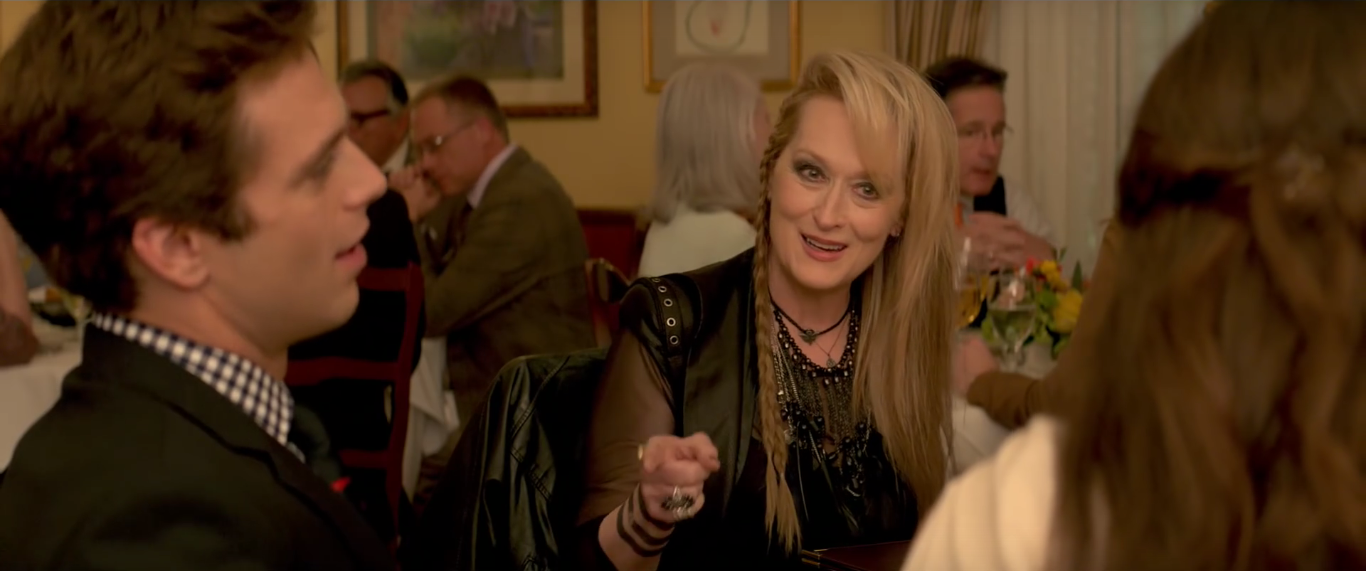
With Tully coming out, many have pointed out how it deals with the idea of losing touch with yourself during the overwhelming experience of being a mother. And it absolutely does. One thing that’s striking, though, is that Cody has dealt with that theme before — in 2015’s Ricki and the Flash, directed by Jonathan Demme. That film follows a woman (the titular Ricki, played by Meryl Streep) who at some point in the unseen past refused to let her life be defined by her role as mother and left her husband and kids to pursue her dream of being a rock star. When the film catches up with her, she’s playing small gigs at a bar in the San Fernando Valley and working at a Trader Joe’s proxy. Her kids resent her, and her family as a whole doesn’t really know what to do with her.
The film deals with a concept American culture has a hard time wrapping its head around: the idea of a bad mom who is not a villain. Ricki’s story is about agency — she has it, and she used it, and even though it might have been the right choice for her, she still has to live with the long-term aftereffects. She confronts the fact that another woman, Maureen (McDonald) raised her children after she left, and what that means. One of the more impressive feats of the film is that Ricki doesn’t become less of herself, even while she acknowledges the pain her past actions have caused. This was never a movie about teaching a woman how to do it “right,” which is where a lot of traditional Hollywood fare would take it. It’s not even about shaming her for the choices that she has made. As Cody told the Guardian, Ricki and the Flash is a movie about “a woman who had chosen to pursue her passion at the expense of her children, and she was viewed as a monster because of that. We’re surrounded by men who have made that choice and are not demonised in the same way.”
Though the Bad Moms franchise claims the name, the women in those movies are still meticulously thoughtful and attentive parents. Dads onscreen — and in life — are given more wiggle room to make mistakes, to be distant or to prioritize themselves over their kids. As Ricki points out in Ricki and the Flash, moms are rarely given that lenience. They’re not often given the space to be full, complex, messy, sad, free, pain-inflicting people and protagonists at the same time. As with much of Cody’s writing, there’s a darkness in Ricki and the Flash that gives way to light, warmth, and energy. And as with much of her work, it’s a rarer gem than people give it credit for.
Tully (2018) (Spoilers within.)
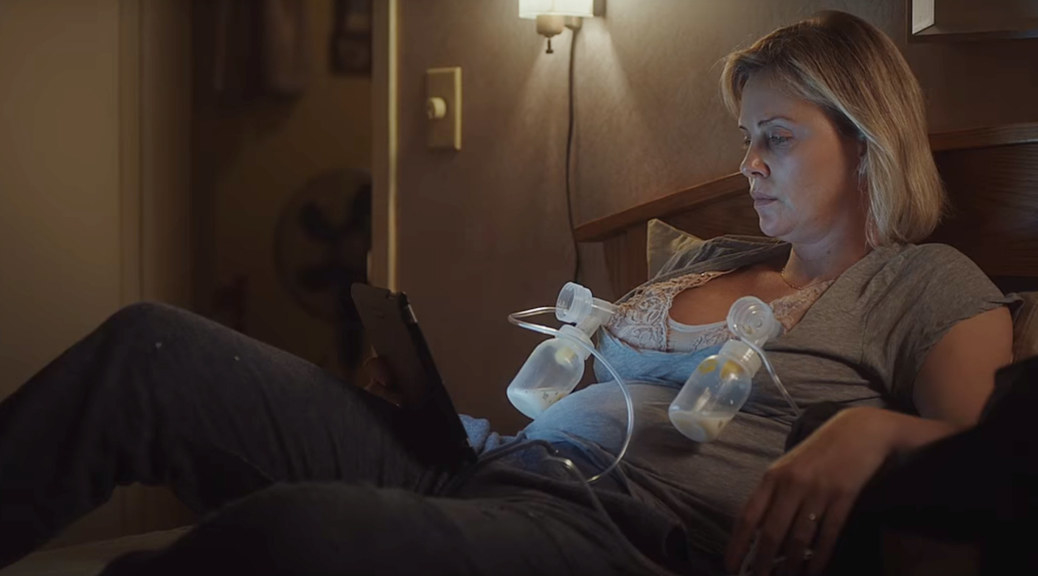
There’s a sequence in Tully that will likely stick with the audience. It’s a montage that takes place during and immediately after Marlo (Theron) gives birth to her third child. She is squatted over a toilet, scowling, in a yelling match with a nurse who’s just trying to get her to pee. She’s trying to nurse her baby, the camera focused on her swollen, chapped nipple. She is the most visibly exhausted I’ve ever seen a woman look onscreen. It’s a visceral, raw look at the physical reality of childbearing and child-rearing. The movie doesn’t flinch away from any of it — in fact, that’s the whole damn point. Tully is Cody’s third film with Reitman and her second with Theron. Fittingly, it mixes together some of the most compelling elements of Cody’s work through the years.
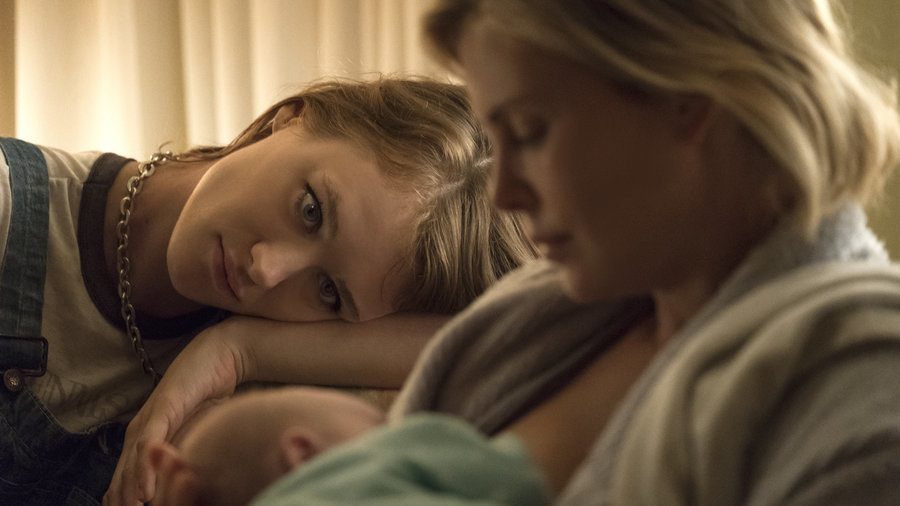
Tully doesn’t just deal with the body; it is also completely compelled by the mental taxes Marlo goes through. This has caused some backlash already, specifically from women who’ve had perinatal mood disorders like postpartum depression and are concerned the movie has been marketed in a misleading and potentially triggering way. The movie’s trailers sell Tully as a comedy about an overwhelmed mom who gets a night nurse (Mackenzie Davis) and, with her, some relief. But the movie has a twist (spoiler alert): Tully is actually Marlo’s maiden name, and Davis’s character only existed in her mind. In reality, Marlo has postpartum psychosis. As Manohla Dargis wrote in the New York Times, Tully is “a tragedy that thinks it’s a heartfelt comedy.”
Cody has already addressed the backlash, telling the Times that it was a “deeply personal” film for her and that she wrote it after her own experience with motherhood and mental illness. In response to complaints that the film ends before the audience sees Marlo actually get treatment for her illness, Cody said that “the movie is actually about her lack of treatment.” She continued: “Sometimes what you're desperate is for someone to say: ‘Hey, I actually see what’s going on here. This is serious, we need to deal with it, and there’s a name for it.’ And Marlo doesn’t get that comfort in this film. Because the film is meant to be uncomfortable.”
Her fame brings with it its share of complications, but it’s also paired with a powerful platform.
Looking at Cody’s filmography, Tully makes a lot of sense. Cody’s work has matured with her. With its bombshell twist, Tully is about the ways in which middle age and major life shifts like parenthood can separate you from the person you once were. It follows in the footsteps of Ricki and the Flash in its interest in portraying mothers as complex and full humans with their own interests. It ties in Juno, Jennifer’s Body, and Young Adult as well in demonstrating specific pressures women face. And the darkness is still there, out in full force; the experience of this woman character still as brutal as ever — though it’s also still as white and cis as ever.
Cody’s wheelhouse is well-defined, but not to the point of boredom. Though she returns repeatedly to stories of women confronting their various places in life, she keeps finding new ways to dive into the depths of those stories. She also remains one of the most visible women writing major Hollywood movies; it’s still relatively rare for a woman screenwriter to also be a household name. Shonda Rhimes, Tina Fey, and Ava DuVernay are some of her most famous peers, alongside examples like the late, great Nora Ephron — though of course there are thousands of other women doing good and important work in Hollywood. Her fame brings with it its share of complications, but it’s also paired with a powerful platform. Her characters, in all their darkness, in all their energy, in all the ways they leave people feeling unsettled, are out there in a big way.
